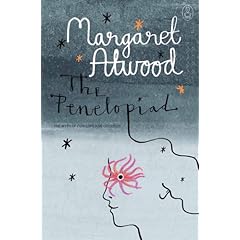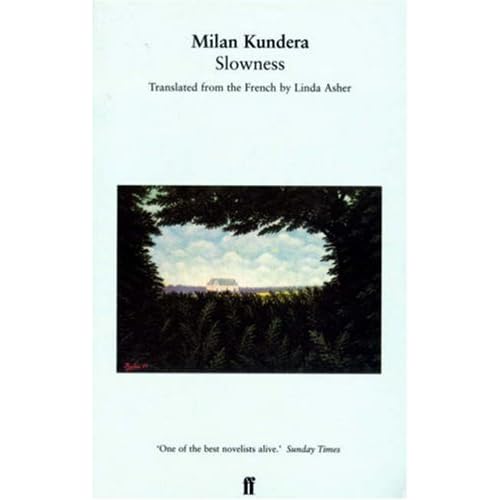
Margaret Atwood, steals yet again and presents us a delightfully tongue-in-cheek feminist version of an otherwise accepted, rarely questioned and highly glorified tale. Re-interpreting the Greek myth of Odysseus as a part of The Myths series, Atwood presents The Odyssey (originally written by Homer) from Penelope's point of view, in The Penelopiad.
Unlike her beautiful cousin, Helen of Troy, Penelope has never been a popular character in Greek mythology. Married to Odysseus, she is known mainly for having woven a shroud which she undid every night, for nearly 12 years in order to fend off her many suitors who wanted to marry her and usurp Odysseus' kingdom and her son, Thelemachus' inheritance. Synonymous with intelligence and fidelity, Penelope, otherwise didn't have a major role to play in Greek mythology. Atwood changes this, presenting to us Penelope's (untold) story right from her neglected childhood, to her marriage and the years she spent at Ithaca without her husband, struggling to survive against all odds, depending on her wit and pragmatism. Atwood thus presents Penelope as much more than merely a faithful wife. Interestingly Atwood does not paint Penelope as the flawless heroine but as human with flaws such as sibling rivarly and jealousy (towards Helen), vanity which makes her enjoy the flattery poured on her by the suitors and even the urge to give into the temptation and yield to her carnal desires.
Above all, Atwood brings to us the voice of the maids, who were hung by Odysseus and Telemachus. Guilty of disloyalty, the maid servants, who entered a life of slavery at childhood and were raped or forced to sleep with their master and any man he dictated, were condemned to death for having slept with Penelope's suitors in Odysseus' absence. In The Penelopiad they are given a chance to present their case and argue their innocence in a ballad as well as an extremely rivetting parody of a court room scene.
Succesfully manipulating several genres to serve her purpose of subverting a popular myth, Margaret Atwood comes up with another winner.


